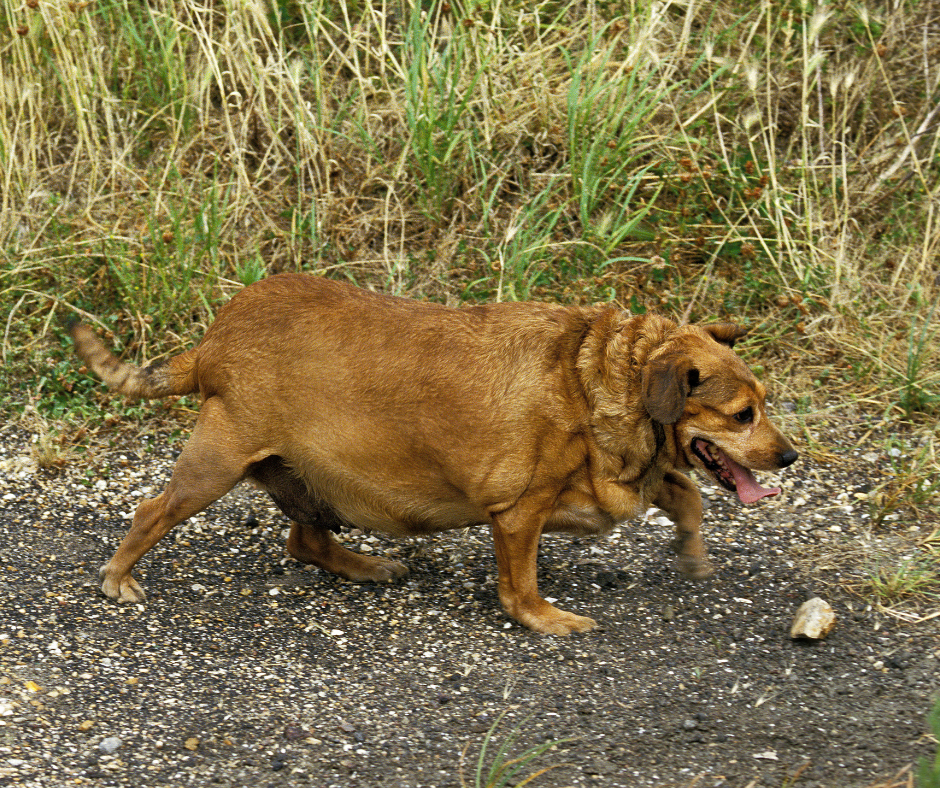Obesity has become a growing problem among dogs, threatening their overall well-being. In this article, we'll explore the causes of obesity in dogs, how to address them, and present practical solutions to prevent and address this widespread problem.
Causes of Canine Obesity
Obesity in dogs can result from a combination of overfeeding, lack of exercise, and even genetic predisposition. Recognizing these causes is crucial to addressing the root cause of the problem.
Importance of a Balanced Diet
Creating a balanced diet is essential. Consult your veterinarian to determine appropriate portions based on your dog's age, breed, and activity level. Avoid giving in to pleading glances during mealtimes.
Role of Physical Exercise
Regular exercise is essential for weight management. Daily walks, interactive games, and outdoor activities are excellent ways to keep your dog active and healthy.
Weight Control Tips
Monitor your dog's weight regularly. If you notice a sudden increase, adjust his diet and exercise accordingly. Be careful to avoid human food and excessive treats.
Feeding Speed Control Bowls
Introduce bowls designed to slow down the dog's eating speed. These special bowls encourage your dog to eat more slowly, aiding digestion and reducing the risk of overeating.
Avoid High-Calorie Foods
Reduce your intake of high-calorie foods and snacks between meals. Choose foods formulated to maintain a healthy weight and read nutrition labels carefully.
Involve the Vet
Consult your veterinarian regularly to evaluate your dog's physical condition and receive personalized advice on diet and exercise.
Nutrition Education
Involve all family members in your dog's nutritional education. Avoid giving in to food demands and maintain consistency in eating habits.







Share and get 15% off!
Simply share this product on one of the following social networks and you will unlock 15% off!